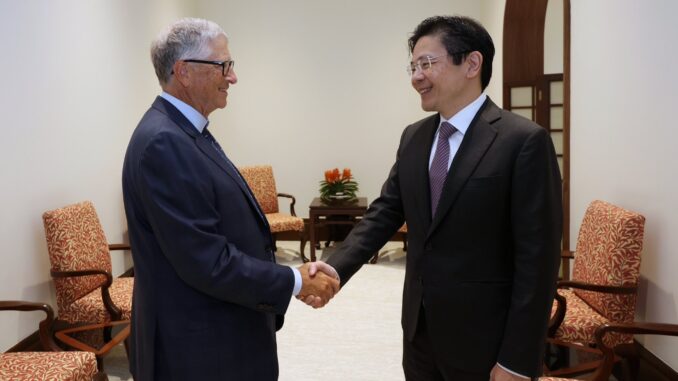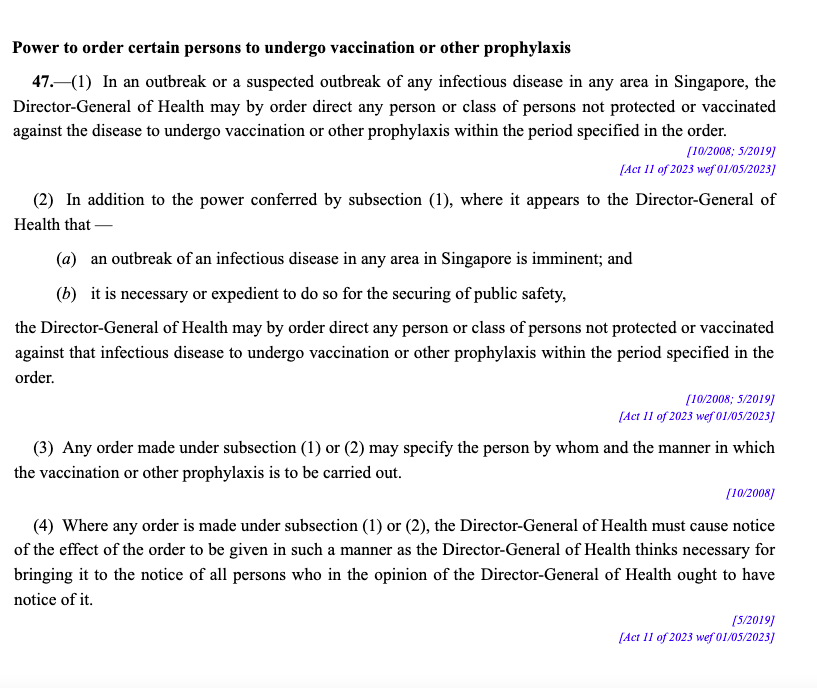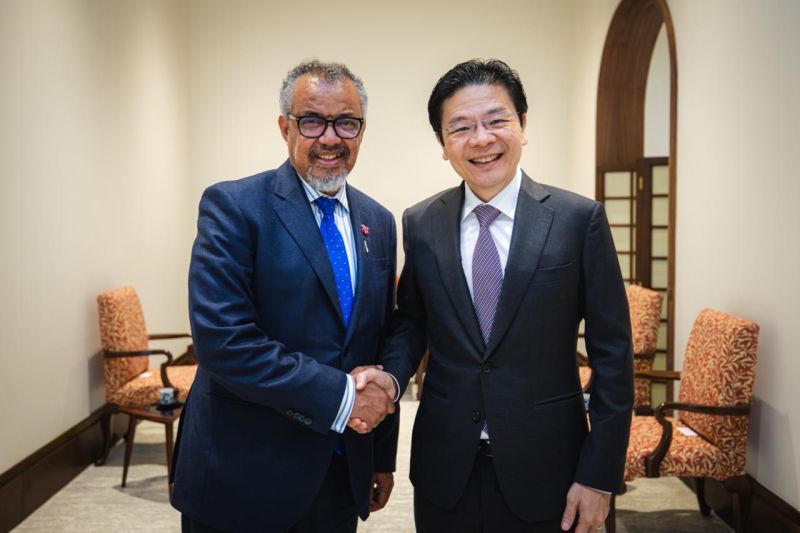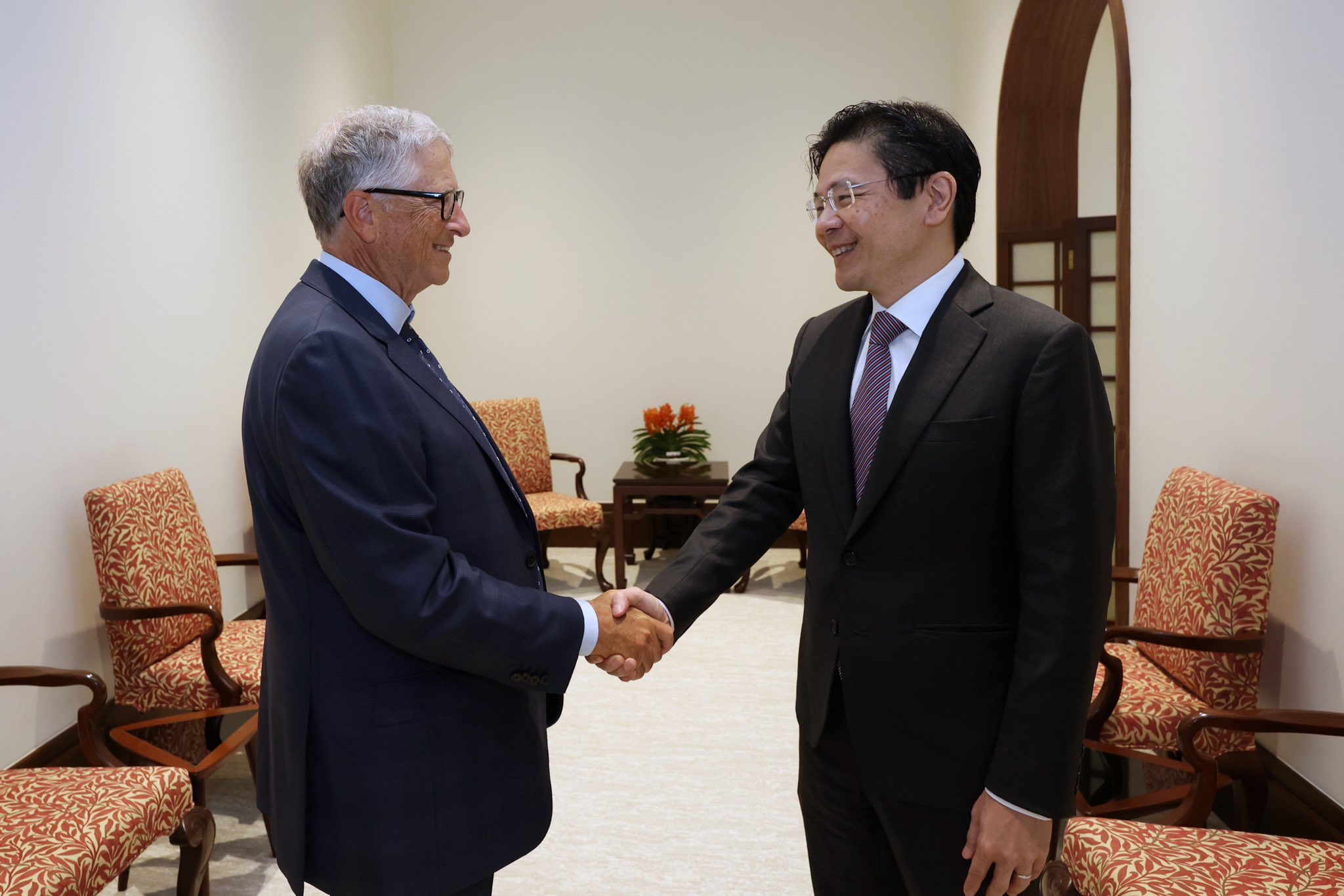
Something strange is happening in Singapore. Just as Bill Gates and the WHO’s Tedros Ghebreyesus wrapped up high-profile visits with the nation’s top leaders, sweeping changes were quietly pushed through the country’s legal system—changes that now make it a crime to refuse mandatory government vaccines.
Yes, you read that right. Under new amendments to Singapore’s Infectious Diseases Act (IDA), the government can force vaccinate citizens whenever they declare it necessary for public health, and citizens who decline government-ordered vaccinations can now face jail time.
First-time offenders may be imprisoned for up to six months or fined up to SGD $10,000 (USD $7,738)—or both. Repeat offenders? They’re looking at 12 months behind bars and fines as high as SGD $20,000 (USD $15,477).

BYPASS THE CENSORS
Sign up to get unfiltered news delivered straight to your inbox.
You can unsubscribe any time. By subscribing you agree to our Terms of Use
Section 47 of the IDA also grants the government the power to force jab citizens if an “outbreak of an infectious disease in any area of Singapore is imminent”:
Pilot Testifies: Bill Gates Spraying Chemtrails in Canada, Causing Mass Psychosis and Suicide

The timing of the dystopian legislation is impossible to ignore.
Bill Gates, one of the world’s most prominent vaccine advocates and the figurehead of the Gates Foundation, and Tedros Ghebreyesus, director of the World Health Organization, have just completed a two-day visit to Singapore.

During the trip, closed-door meetings were held with Singapore’s new Prime Minister Lawrence Wong, as well as Senior Ministers Lee Hsien Loong and Teo Chee Hean.
Gates also announced his foundation would open a new Asia office in Singapore—a move supported by the Singapore Economic Development Board.
That announcement was made on May 5 at the prestigious Philanthropy Asia Summit 2025, just hours before the updated laws were revealed.
While the government has not directly linked the legislation to Gates’ visit, critics are raising eyebrows at the synchronized timing. Especially given Gates’ global influence in vaccine policy and his long-standing interest in controlling infectious disease response mechanisms across national borders.
In a city-state known for strict enforcement and centralized authority, the question now looming large is: Will other countries follow suit?
As public resistance to forced medical procedures grows around the world, Singapore’s move—coinciding with Gates’ visit and expanding influence—may signal a new phase in global health governance.
And it’s raising the question many are now asking: Who’s really calling the shots?
